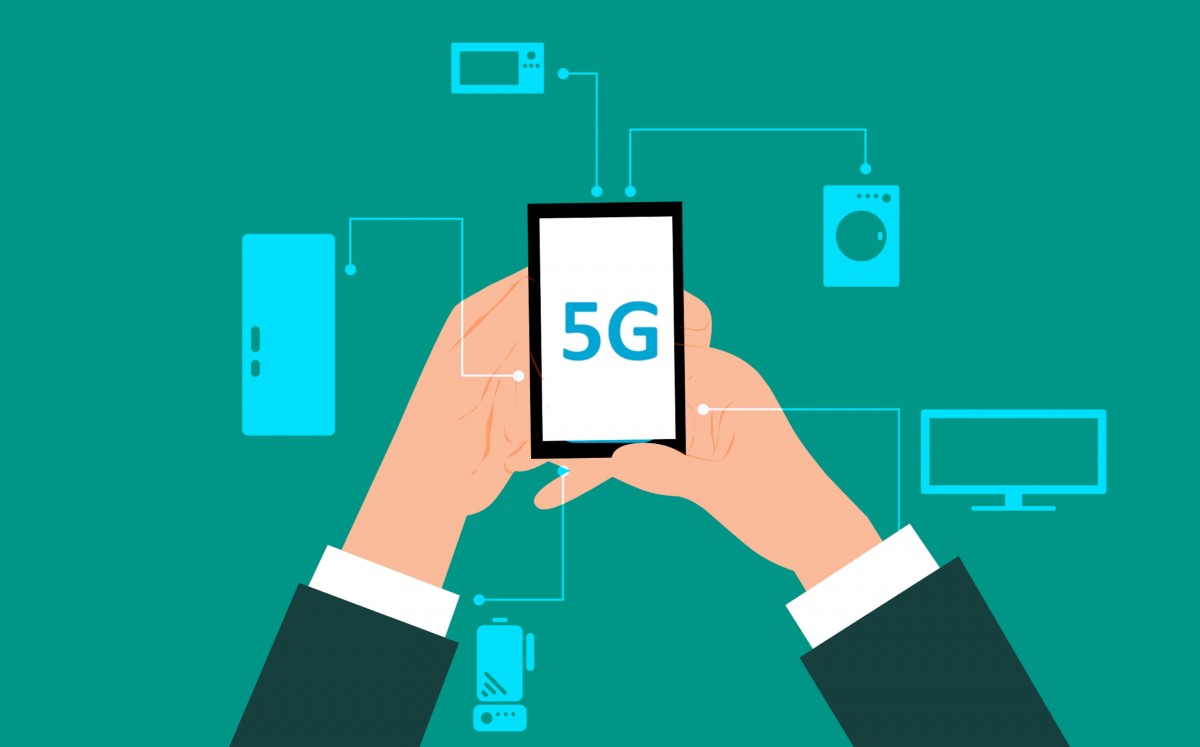Introduction
The advent of 5G technology has ushered in a new era of connectivity and innovation. It promises faster data speeds, lower latency, and the ability to support a massive number of devices simultaneously. While 5G’s impact is far-reaching, one area where it holds exceptional promise is in the development of smart cities. In this article, we will explore the transformative impact of 5G on smart cities, revolutionizing how we live, work, and interact within urban environments.
What Are Smart Cities?
Before delving into the impact of 5G, it’s essential to understand what smart cities entail. Smart cities are urban areas that leverage digital technology and data-driven solutions to enhance the quality of life for residents, improve city operations, and address urban challenges efficiently. These cities are characterized by their use of sensors, IoT devices, data analytics, and connectivity to make informed decisions and offer better services to citizens.
The Evolution of Connectivity: From 4G to 5G

To comprehend the significance of 5G, let’s briefly examine its evolution from 4G:
- 4G (LTE): Fourth-generation wireless networks brought faster mobile internet speeds, enabling the widespread adoption of smartphones and the mobile app ecosystem.
- 5G: Fifth-generation networks build upon 4G’s foundation but offer significantly improved speed, latency, and capacity. 5G networks can handle more data at once, with minimal delay, making them ideal for the demands of smart cities.
1. Ultra-Fast Connectivity for All
One of the most noticeable impacts of 5G on smart cities is its incredible speed. With data rates potentially reaching 10 gigabits per second, 5G networks are up to 100 times faster than 4G. This speed is not just for smartphones but extends to every connected device and sensor within the city. This means seamless streaming, instantaneous downloads, and real-time communication for all citizens, regardless of their location within the city.
2. Low Latency for Real-Time Interactions
Latency, the delay between sending data and receiving a response, is significantly reduced with 5G. This is crucial for applications that require real-time communication, such as autonomous vehicles and remote surgeries. In smart cities, this low latency ensures that critical systems, like traffic management and emergency services, can respond instantaneously to changing conditions.
3. Massive IoT Connectivity
The Internet of Things (IoT) is a cornerstone of smart cities. IoT devices, such as sensors and cameras, collect data about various aspects of urban life, from traffic flow and air quality to waste management and energy consumption. 5G’s ability to connect a massive number of IoT devices simultaneously allows cities to gather and analyze more data than ever before, leading to better decision-making and resource allocation.
4. Enhanced Public Safety and Security
5G enables high-definition video streaming and real-time data analysis, which can greatly enhance public safety and security in smart cities. Surveillance cameras equipped with facial recognition and object detection can identify potential threats and assist law enforcement in real-time. Additionally, emergency services can respond more effectively with immediate access to high-quality video and data.
5. Efficient Transportation and Traffic Management
One of the most significant challenges in urban environments is traffic congestion. 5G can power intelligent transportation systems (ITS) that optimize traffic flow by synchronizing traffic signals, rerouting vehicles based on real-time data, and enabling autonomous vehicles to communicate with each other and with traffic infrastructure. This not only reduces congestion but also lowers emissions and improves overall transportation efficiency.
6. Healthcare Advancements
Smart healthcare in urban areas benefits immensely from 5G connectivity. Telemedicine and remote patient monitoring become more accessible and efficient with high-speed, low-latency connections. Doctors can perform surgeries remotely with the assistance of advanced robotics, bringing specialized medical care to underserved areas within smart cities.
7. Sustainable Energy Management
5G can support smart grids, enabling more efficient and sustainable energy management within smart cities. With real-time data on energy consumption and renewable energy sources, cities can optimize energy distribution, reduce waste, and promote the use of clean energy.
8. Enhanced Public Services
Smart cities powered by 5G can provide citizens with a range of digital services, from interactive maps and public Wi-Fi to smart parking and waste management apps. Citizens can access information and services more conveniently, making urban living more convenient and enjoyable.
Challenges and Considerations
While the potential benefits of 5G in smart cities are immense, there are challenges and considerations to address:
- Infrastructure Investment: Building the necessary 5G infrastructure requires significant investment in new cell towers and fiber-optic networks. Cities need to develop strategies to fund and implement these upgrades.
- Digital Divide: Ensuring that all citizens have access to 5G technology is crucial to prevent a digital divide. Strategies for equitable access should be a priority.
- Privacy and Security: Collecting vast amounts of data for smart city applications raises concerns about privacy and cybersecurity. Robust data protection and security measures are essential.
- Regulation and Standards: Developing regulatory frameworks and standards for 5G deployment in smart cities is an ongoing challenge, particularly as the technology evolves.
Conclusion
The impact of 5G on smart cities is nothing short of transformative. It promises ultra-fast connectivity, low latency, and massive IoT support, enabling a wide range of applications that improve urban living. From enhanced transportation and healthcare to sustainable energy management and public services, 5G is paving the way for smarter, more efficient, and more livable cities.
As cities continue to adopt 5G technology, it is crucial to address challenges related to infrastructure, digital access, privacy, and regulation. Smart cities that successfully navigate these challenges stand to benefit from the full potential of 5G, offering a higher quality of life for their residents and becoming models of innovation and sustainability for the future.

